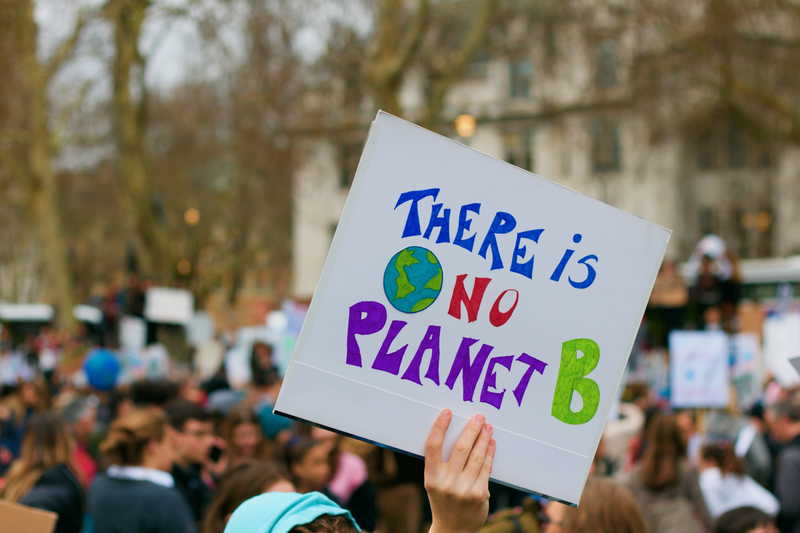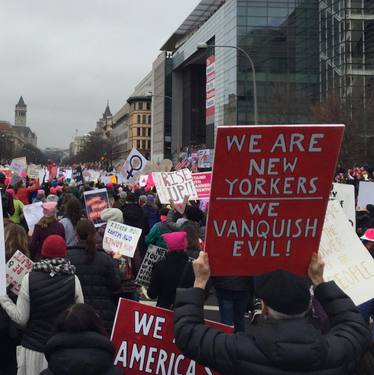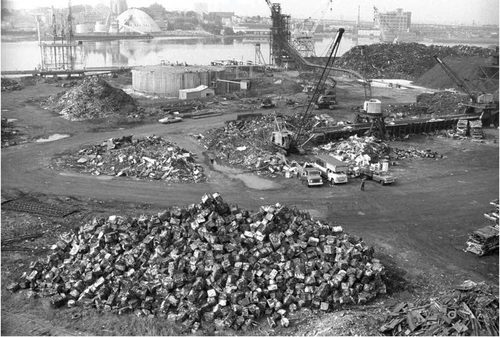
Law and Policy
How do laws, regulations, policies, and community science affect each other? Community-collected data has the power to prompt local, state, or federal action by alerting government agencies to an issue. Failures and gaps at the regulatory level are often what leads communities to do their own environmental monitoring and advocacy work. At the same time, laws will affect how community scientists can collect their data for maximum potential impact.
Some subjects that you might see included here in the future:
- How can community-sourced data be used to impact or enforce regulations at the local, tribal, state, or federal level?
- What can community members do to improve their chances of having impact through legal channels?
- How do laws and agencies enable or impair the ability of communities to collect and contribute data?
This page is a place to collect and organize resources on law and policy, and their relationships with community-led science. Visit the law-and-policy tag page to see the latest community posts about law and policy on Public Lab, and get updates on this topic by following:
What other resources related to law and policy would be helpful to collect here? Please edit this wiki!
Questions on law and policy
- See if other community members are asking questions like yours
- Ask a question so other community members can offer support
- Sign up below to be notified when someone asks a question about law and policy
Questions tagged with question:law-and-policy will appear here
Activities related to law and policy
Activities on Public Lab that have been tagged with law-and-policy will appear here
| Purpose | Category | Status | Author | Time | Difficulty | Replications |
|---|---|---|---|---|---|---|
| Practice reporting suspected frac sand violations | - | - | @stevie | - | - | 0 replications: Try it » |
Activities should include a materials list, costs and a step-by-step guide to construction with photos. Learn what makes a good activity here.
Community-sourced data and legal issues
Each of us has our own way of thinking about and doing community science. The posts linked below describe an approach to community science from the perspective of @lenagd, an attorney with extensive experience in environmental law. Within the posts you’ll find:
A three-step approach to using community-sourced data in the legal system:
Step 1. Identifying the problem: how it should work + common legal obstacles
Step 2. Gathering the evidence: how it should work + common legal obstacles
Step 3. Turning evidence into action: how it should work + common legal obstacles
You can find the full posts on “Citizen Science Investigations: aka 'Common Legal Issues when using Community Sourced Data'” here:
Part 1: How it should work
Part 2: Why it doesn’t always work
Evidence
The posts below include discussions and information on how community-collected data can become evidence in a legal case.
Citizen Science Investigations: aka ‘Common Legal Issues when using Community Sourced Data’
Post by @lenagd 0 | over 8 years ago
Enforcing Stormwater Permits with Google Street View along the Mystic River
Post by @mathew 1 | over 8 years ago
Introducing the Environmental Evidence Project, a blog series from Public Lab
Post by @warren 5 | over 8 years ago
Regulations within topic areas on Public Lab
Much of the resources and activity on the Public Lab website are organized by Topic areas--for example, air quality, water quality, and land use. On each Topic’s wiki page (see an example linked below), we’re hoping to include background on what laws and regulations exist and where gaps are, plus examples and stories of how community science can interact with the regulatory world. These sections could cover:
1. Regulations related to the Topic
- Federal level regulations (e.g., set by the Environmental Protection Agency (EPA) in the US)
- How to find other regulations that may exist at your state level
- What’s currently hot in the regulatory world
2. Examples and stories of what community-collected data can do with regulations in this Topic area
- Stimulate government investigation
- Be used directly by agencies in their assessment
- Be used in lawsuits
We hope that the stories will demonstrate the power of local community knowledge and expertise and inspire others who are seeking to address an environmental concern.
If you have ideas, examples, or stories to share, please edit this wiki or consider posting a research note!
Indoor air quality
Regulations on indoor air quality: check out this example of what Topic pages could include on federal and state regulations and policies.
Air quality (outdoor)
Regulations and policy on ambient air quality
Microplastics
Regulations and policy on microplastics
Further reading and resources
- A Citizen’s Guide to Using Federal Environmental Laws to Secure Environmental Justice
- Emmett Environmental Law and Policy Clinic at Harvard University: The Citizen Science Manual, Supplement 2—Using Citizen Science Data in Litigation
- The Impact of Citizen Environmental Science in the United States by George Wyeth et al 2019





